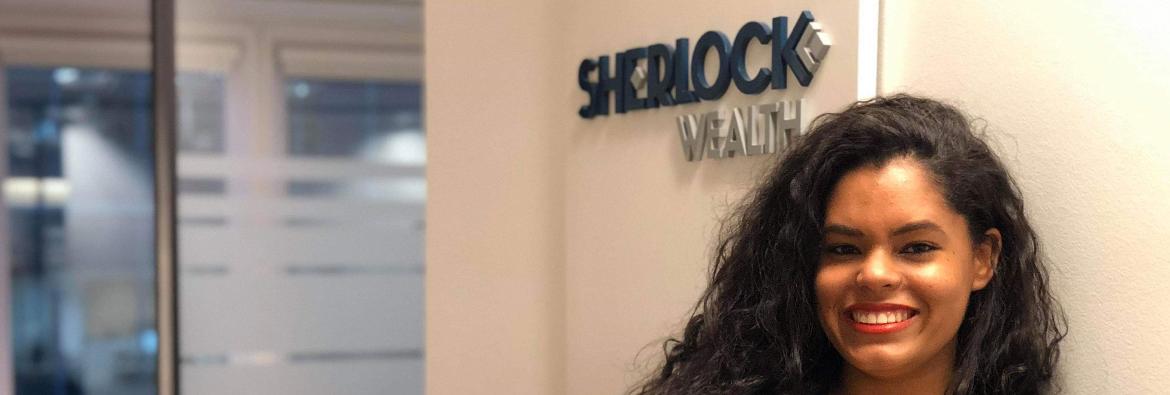-
- Study Seeker
- International courses
- Events
- TAFE NSW Degrees
- Short courses
- Insititute of Applied Technology
- Aboriginal Cultures and Education
- Accounting and Finance
- Arts
- Animal care and Horse Industry
- Automotive
- Aviation and Aircraft Maintenance
- Building, Construction and Trades
- Business and Marketing
- Carpentry, Joinery and Furniture
- Civil Construction and Surveying
- Community and Youth Services
- Design and Media
- Study Online
- Accounting and Finance
- Animal, Agriculture and Environmental Studies
- Arts, Design and Digital Media
- Building, Construction and Property
- Business, Leadership and Management
- Community Services
- Engineering and Electrotechnology
- Health
- Information and Communication Technology
- Maritime
- Preparation for Work, Further Study and Pathways
-


